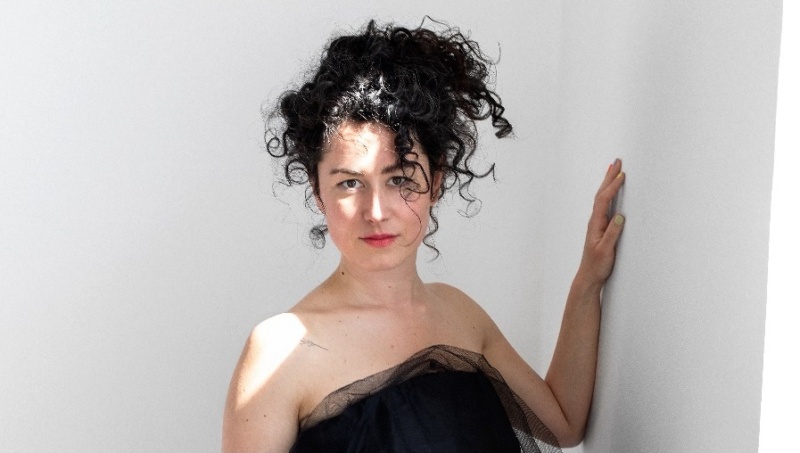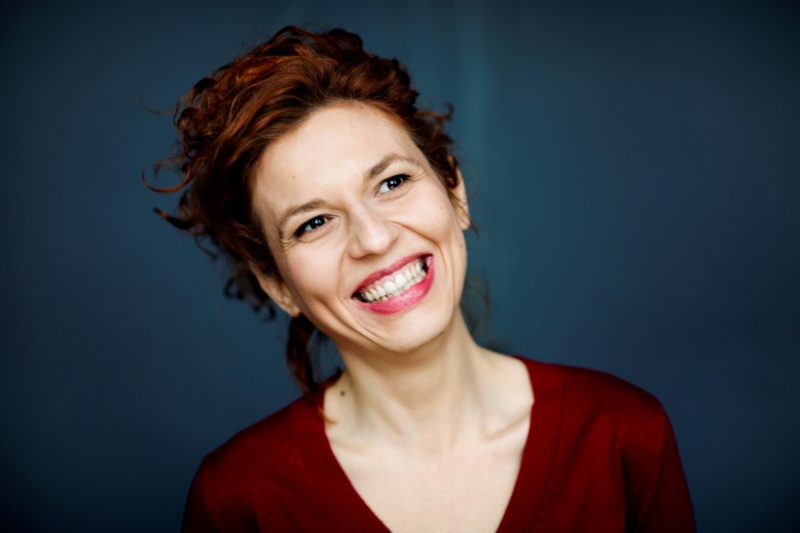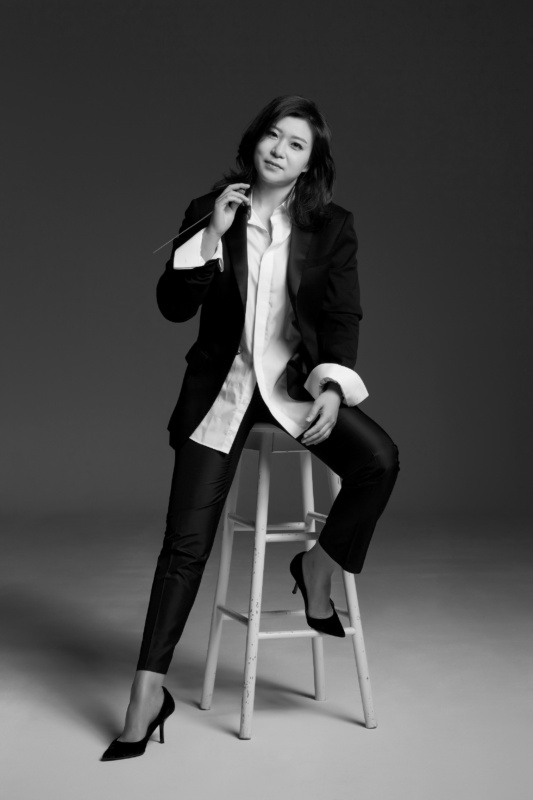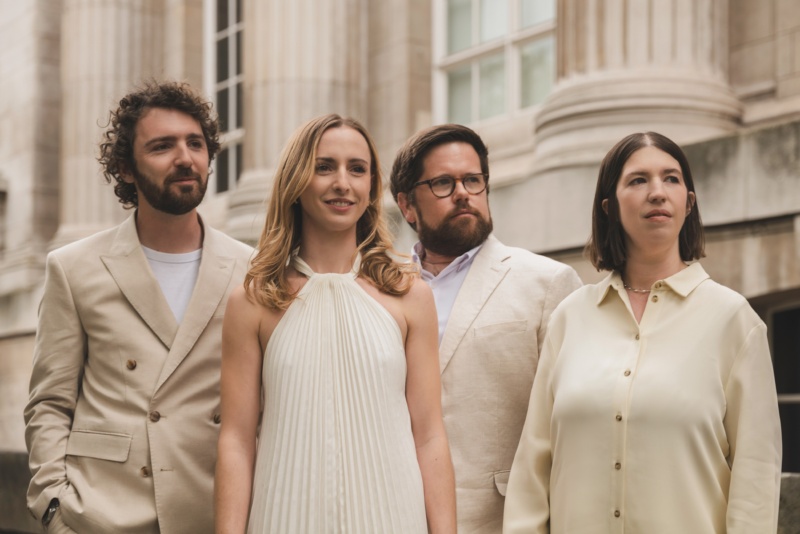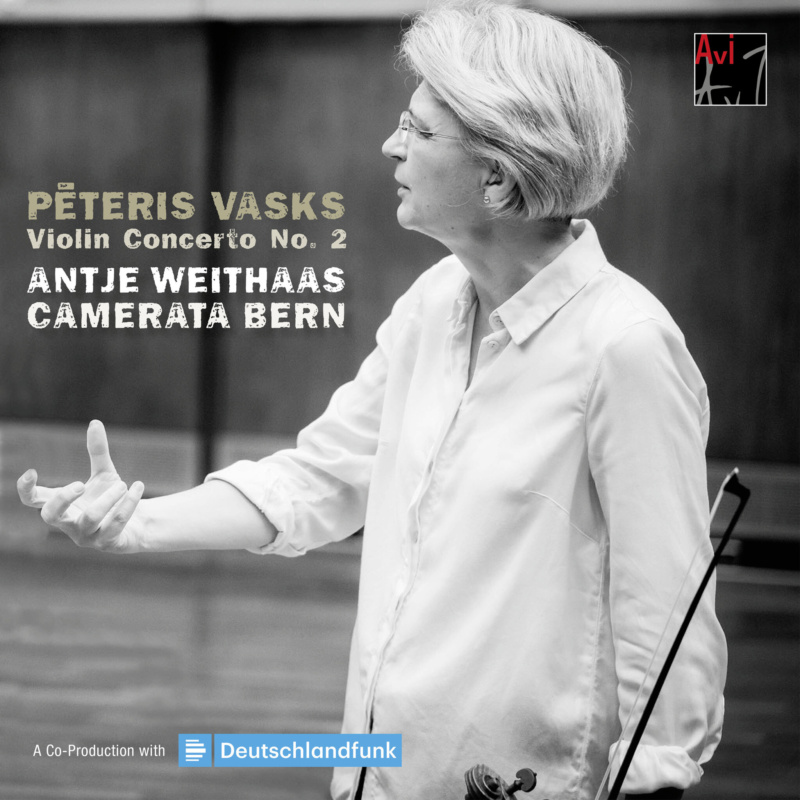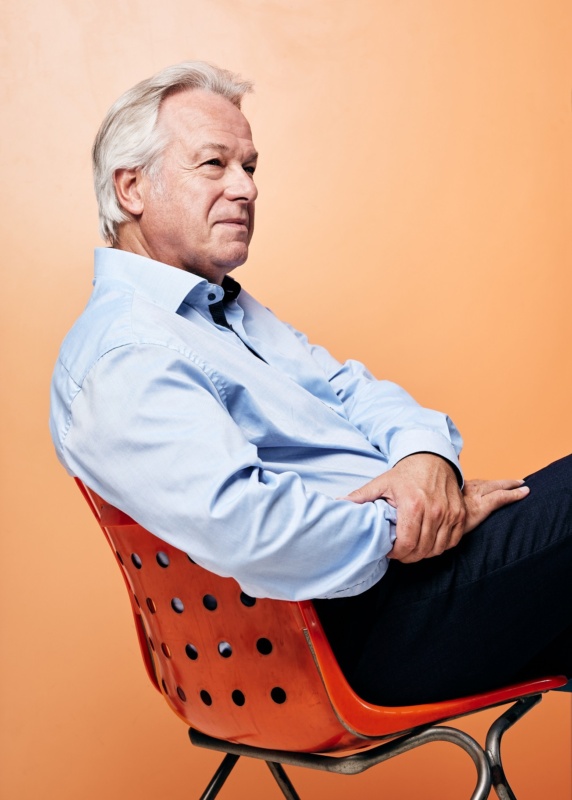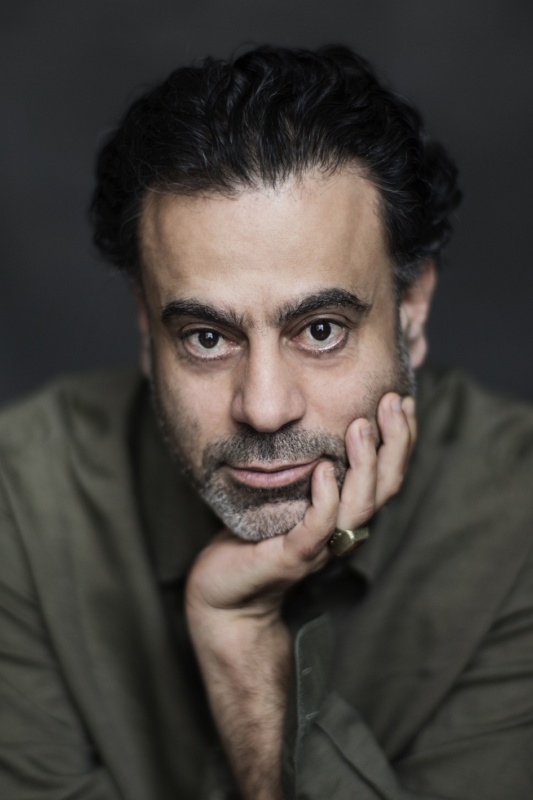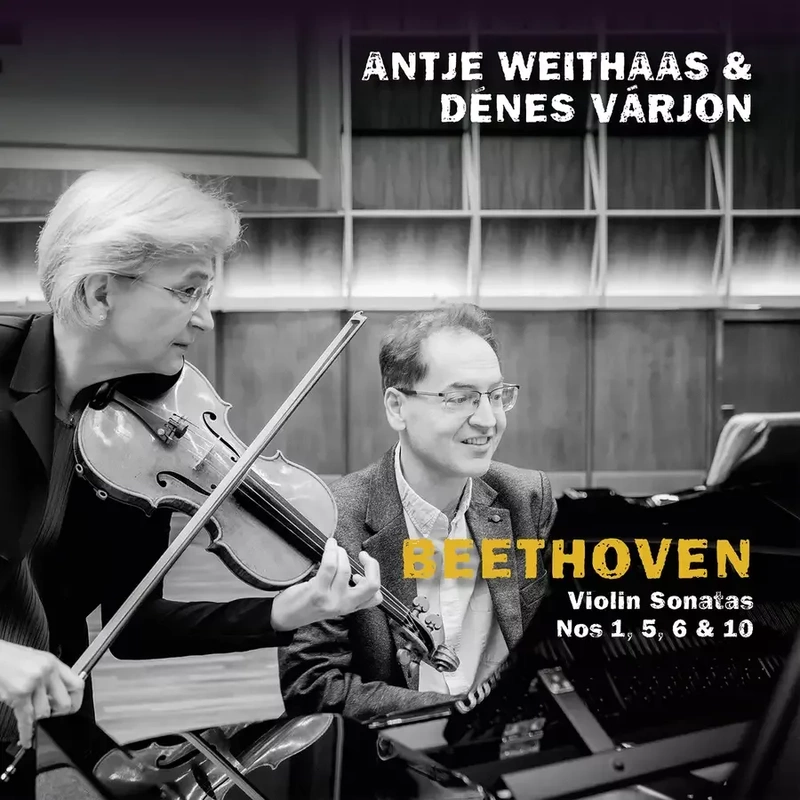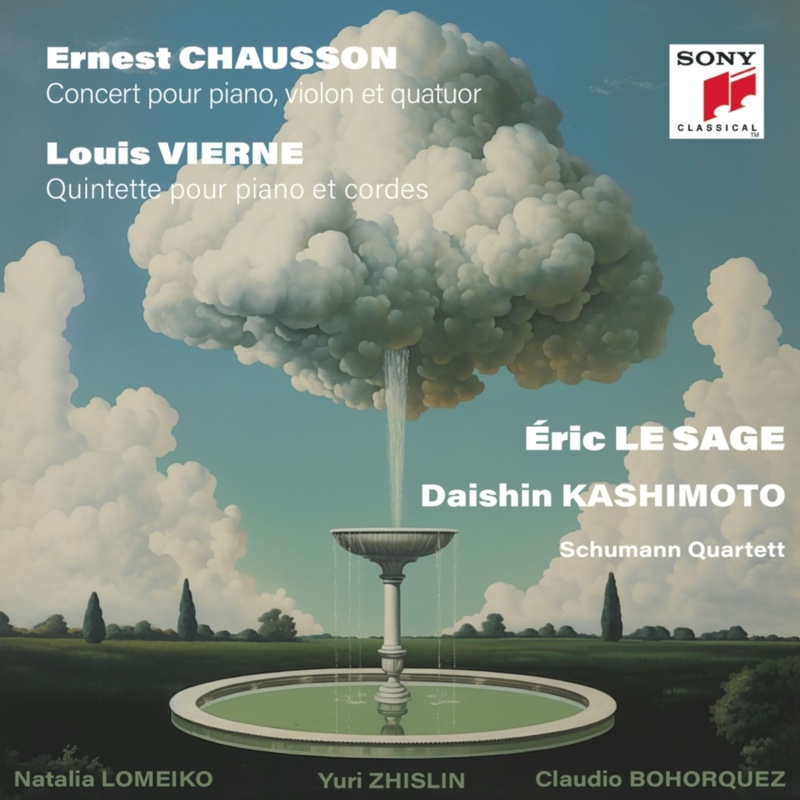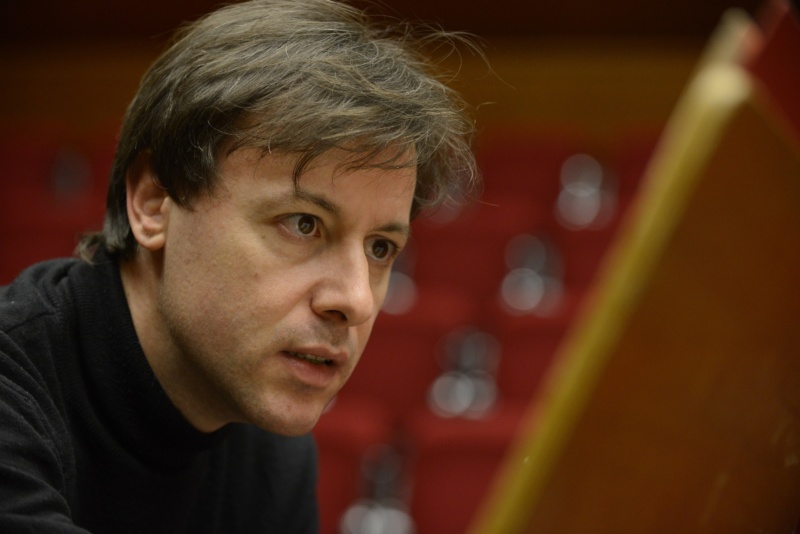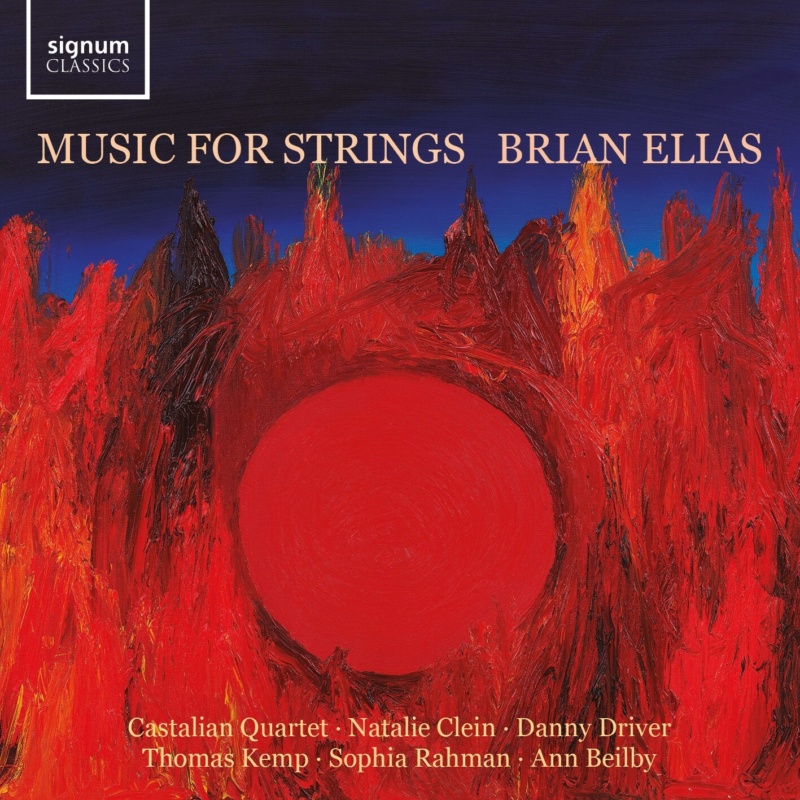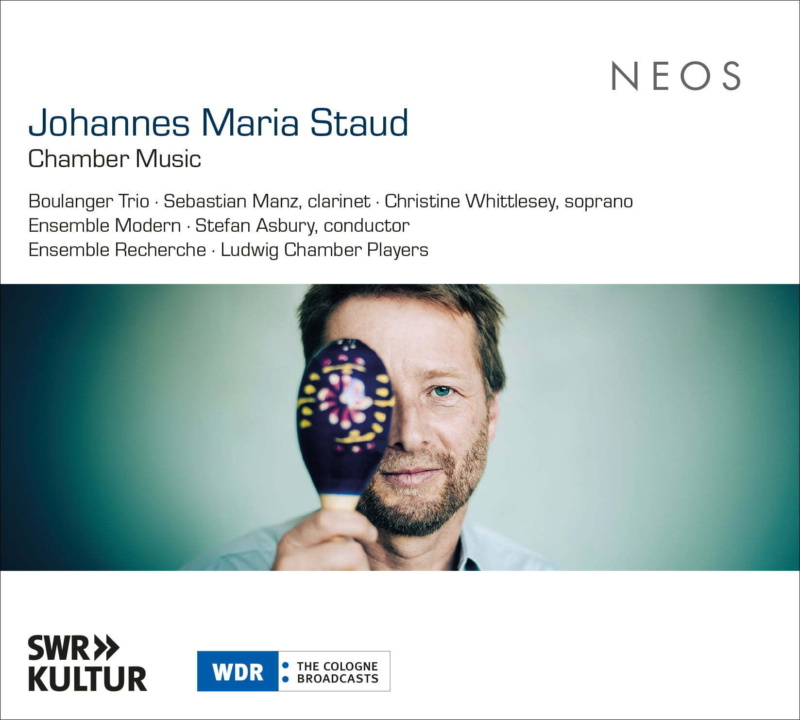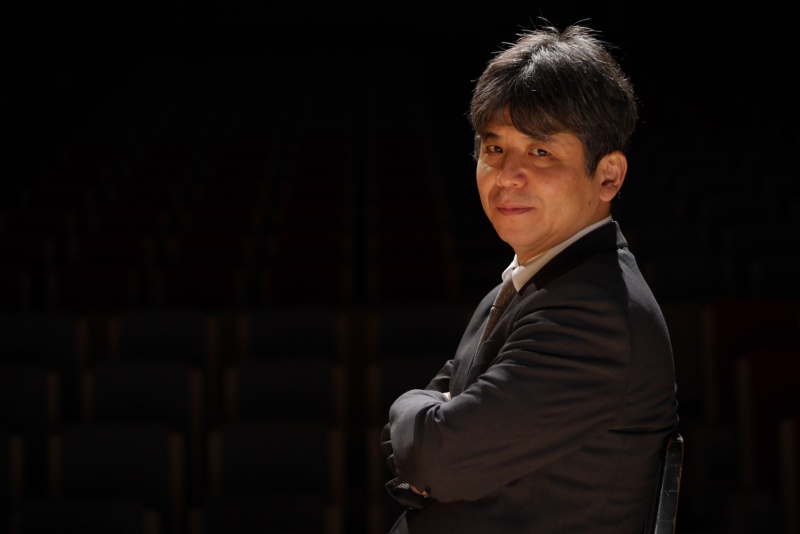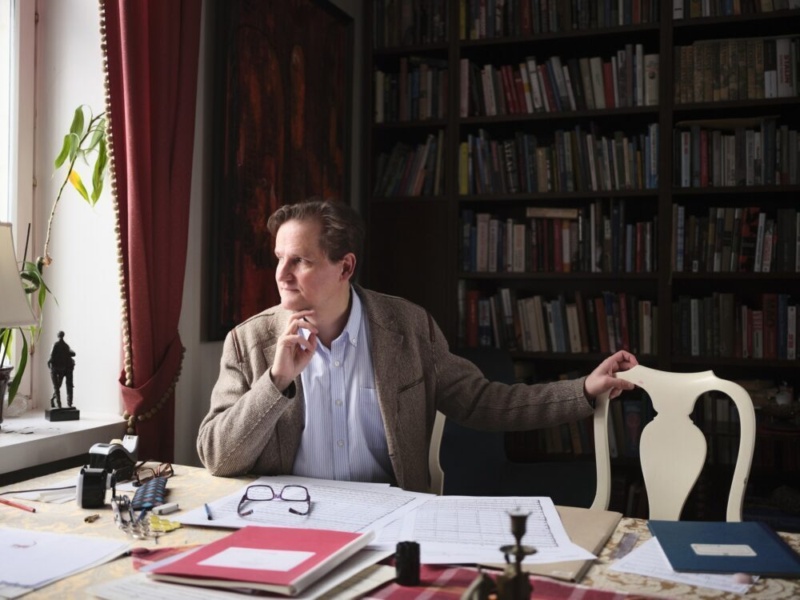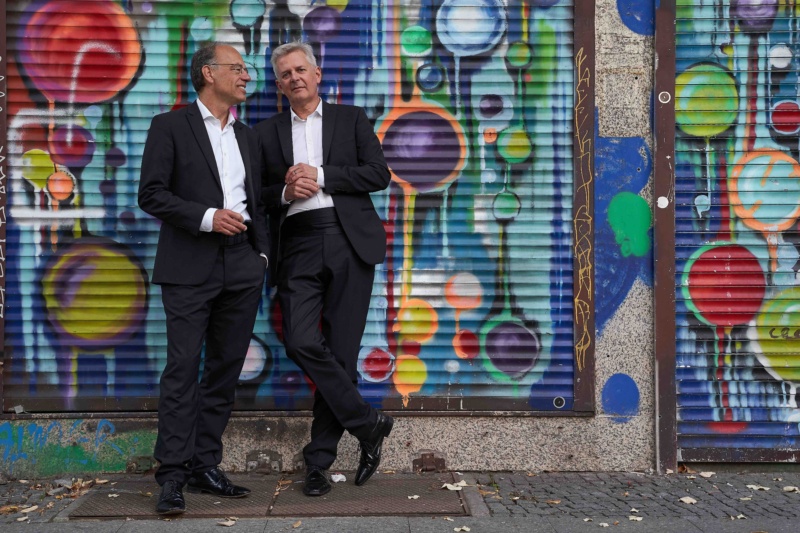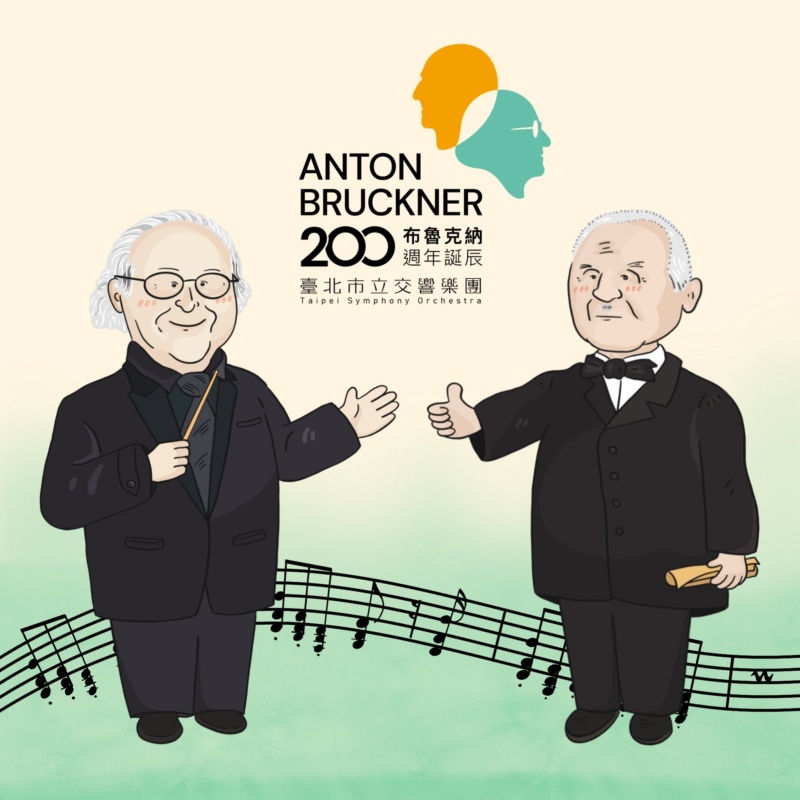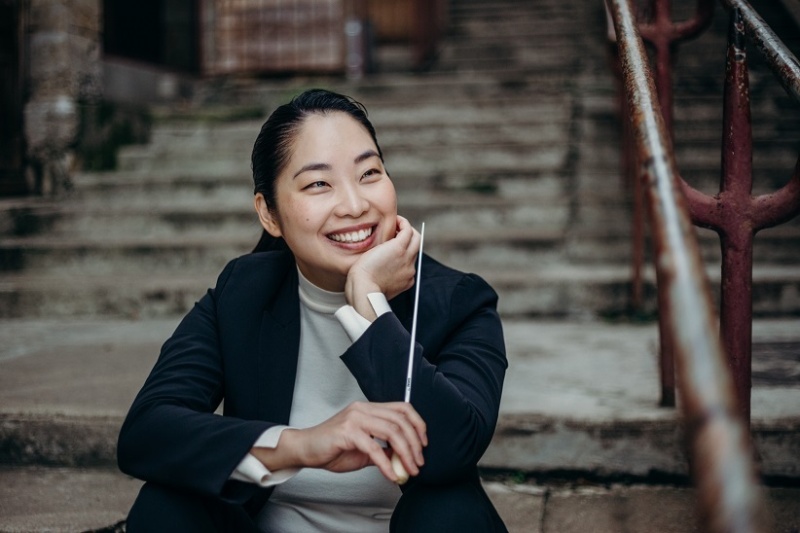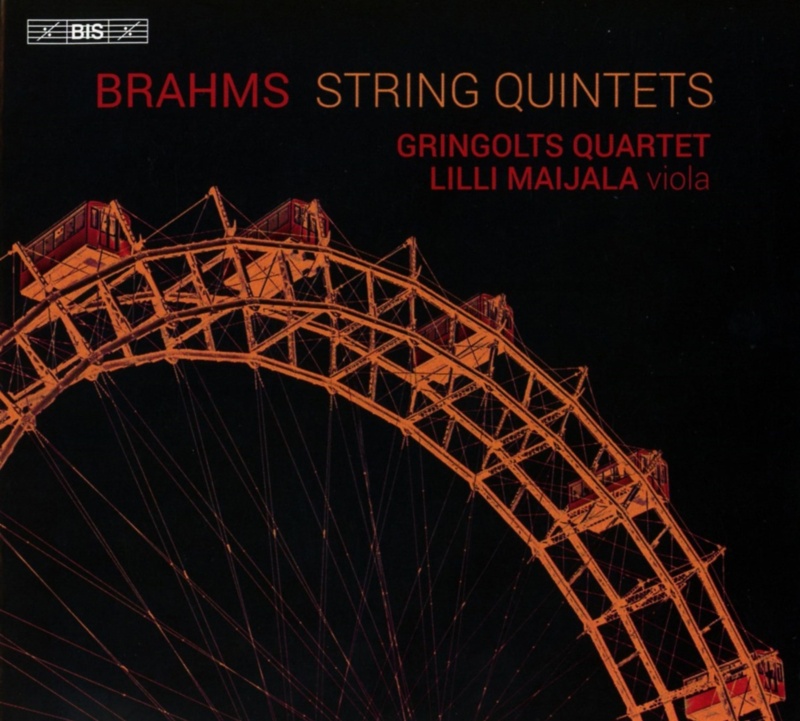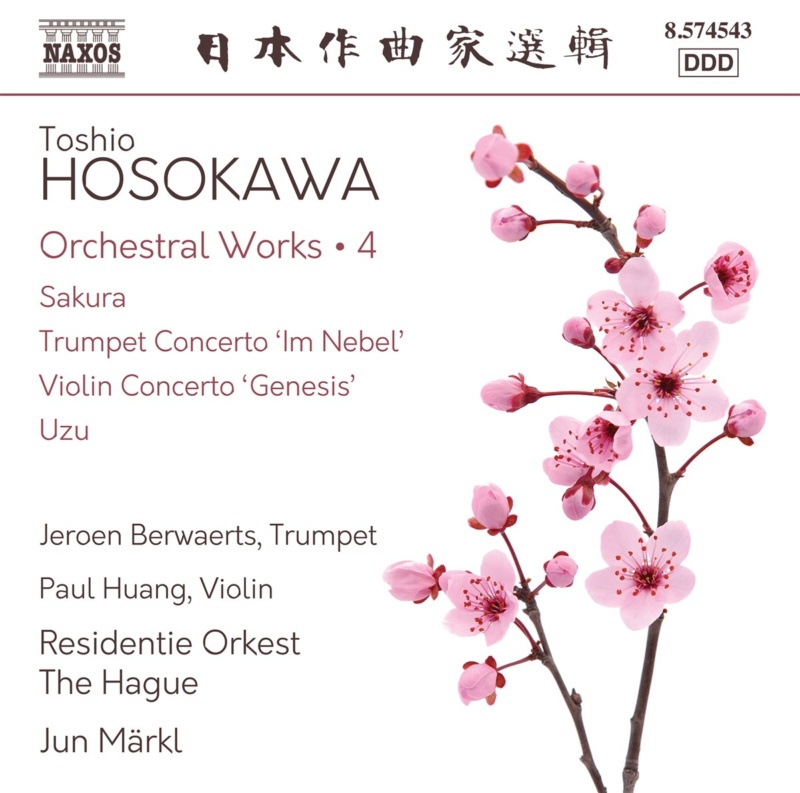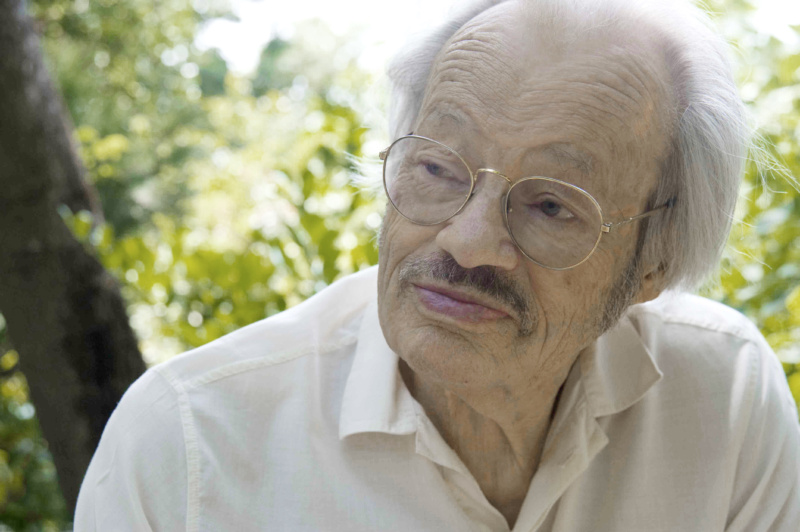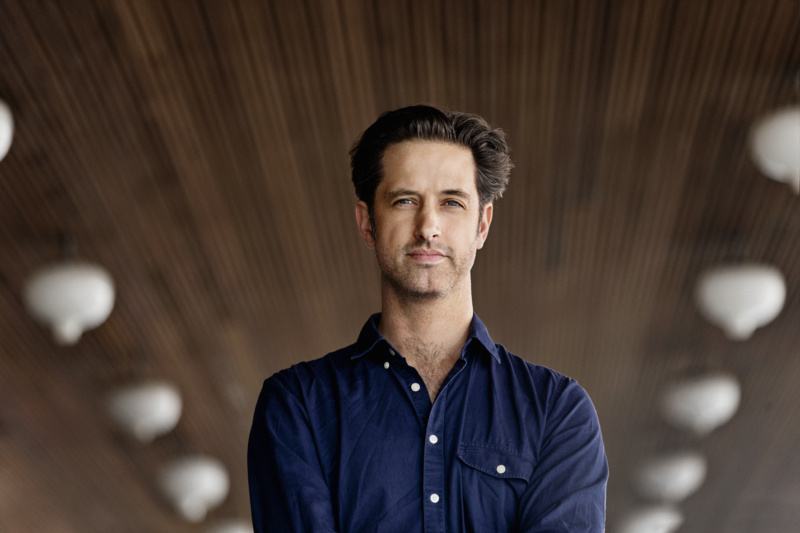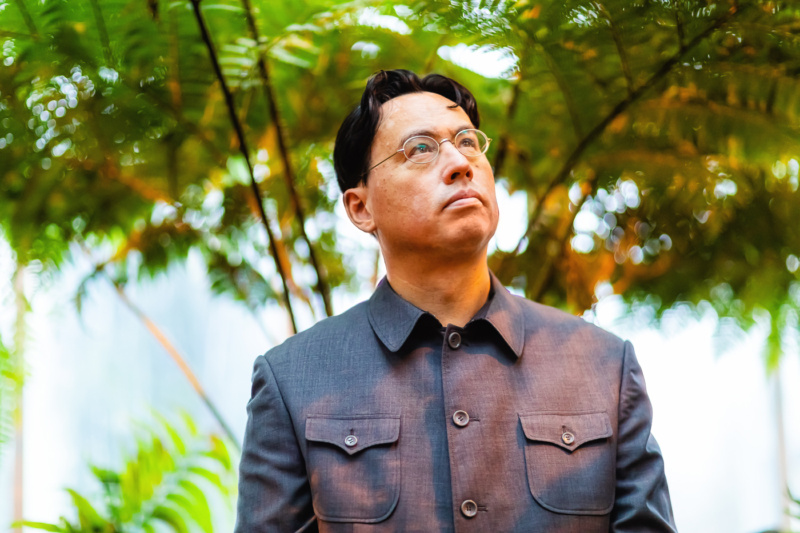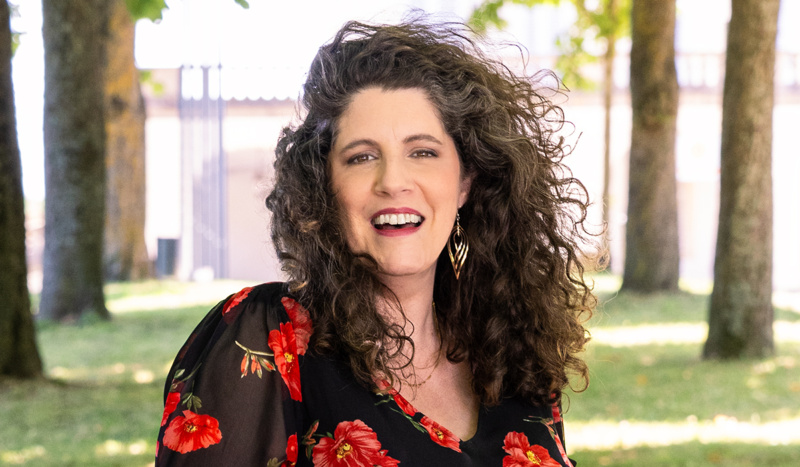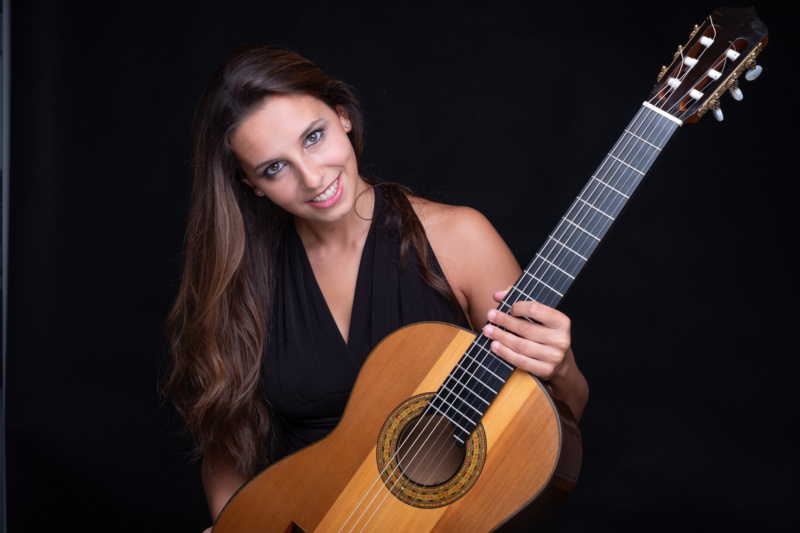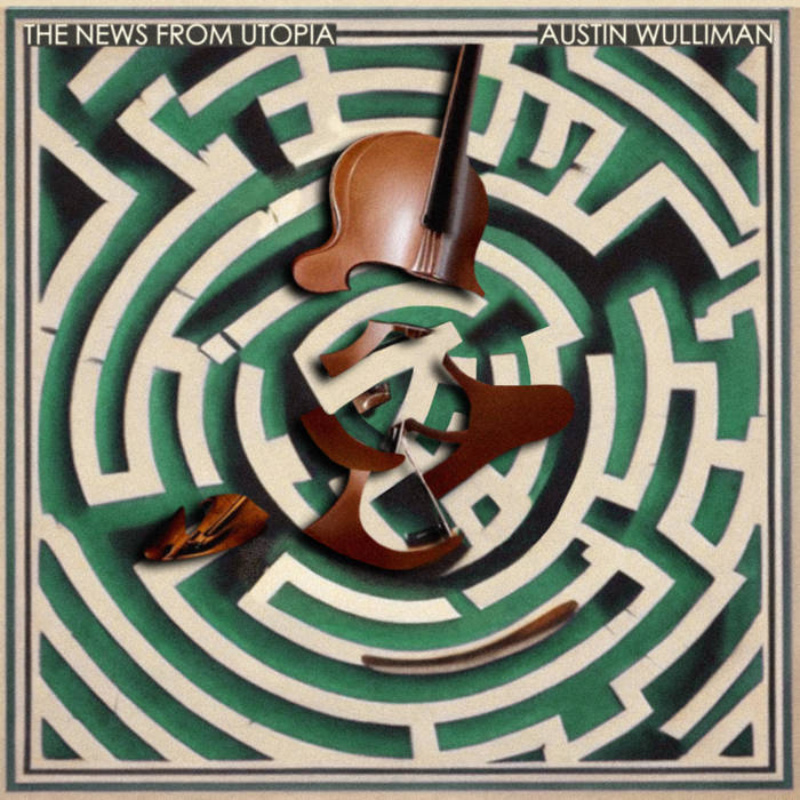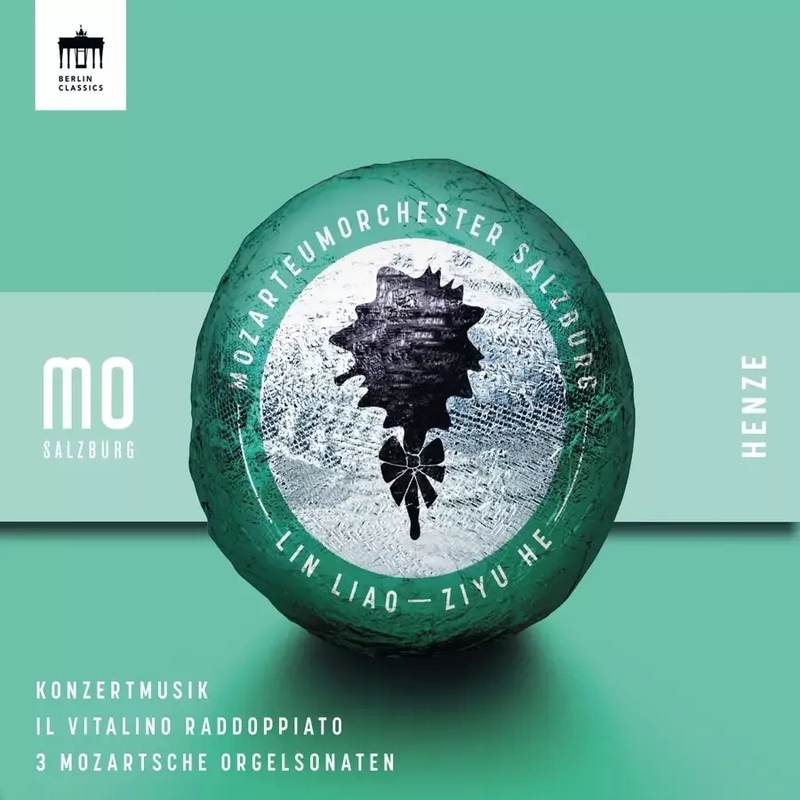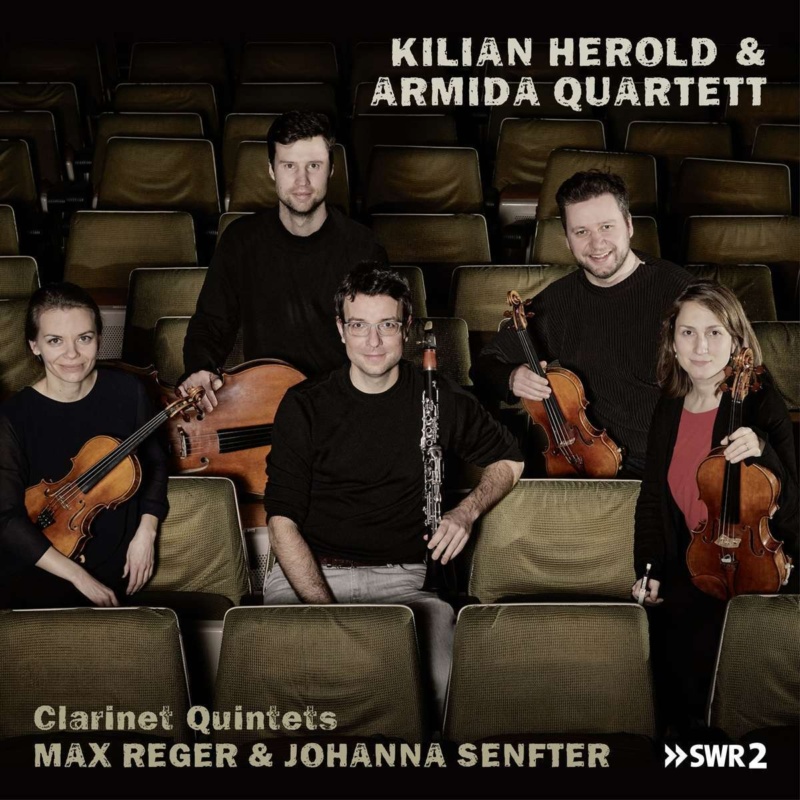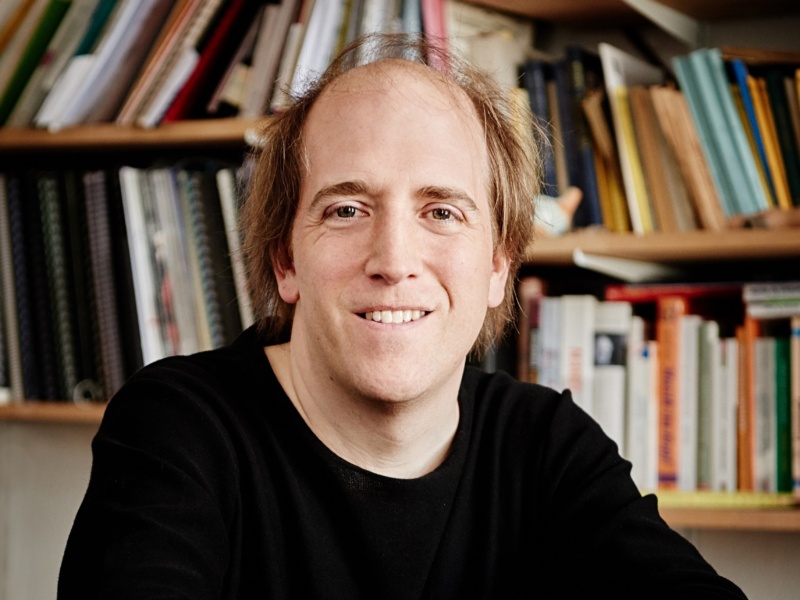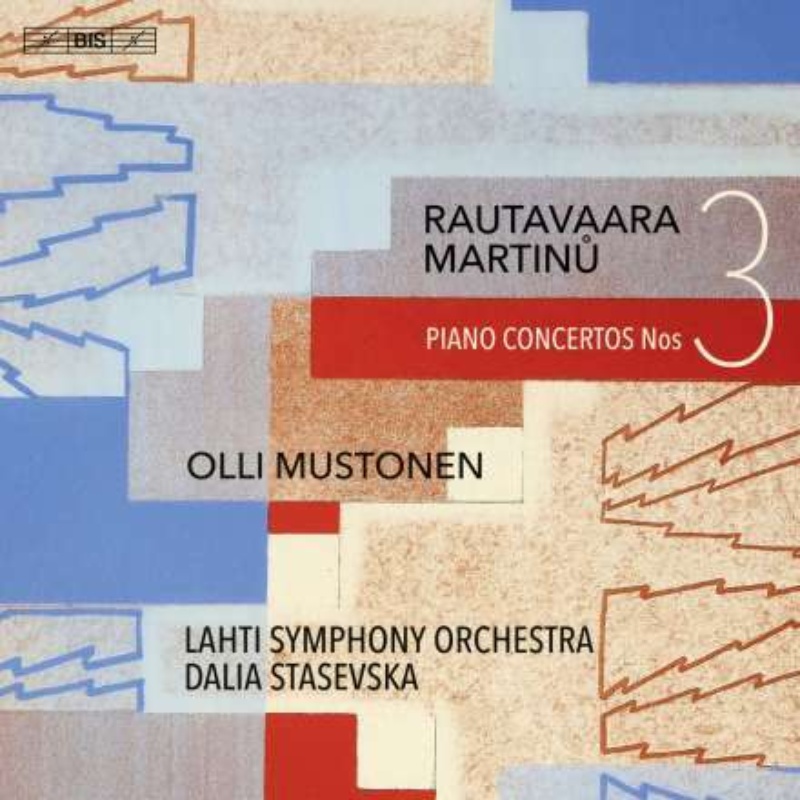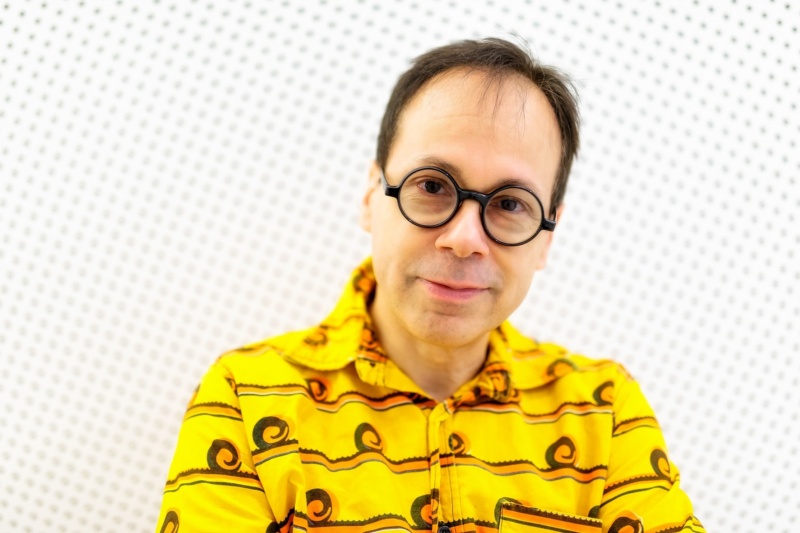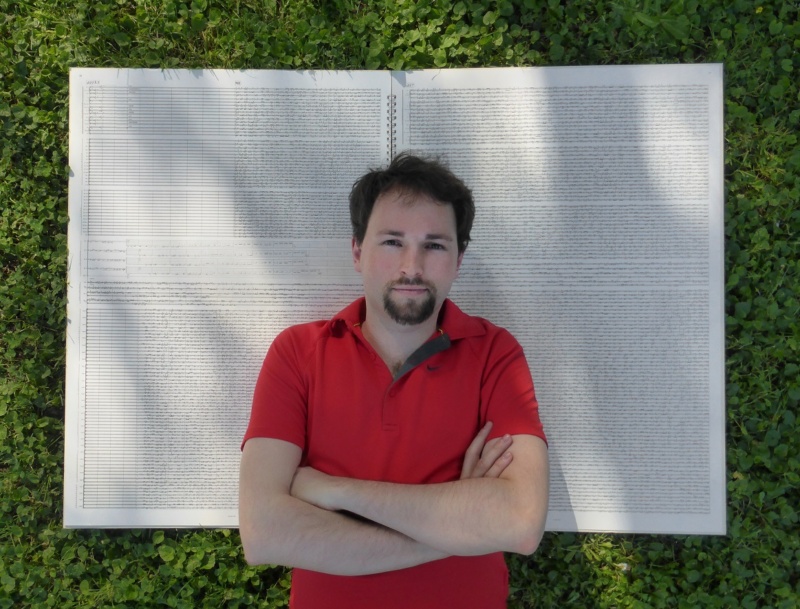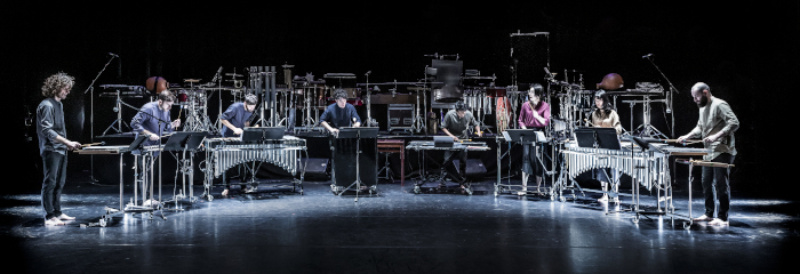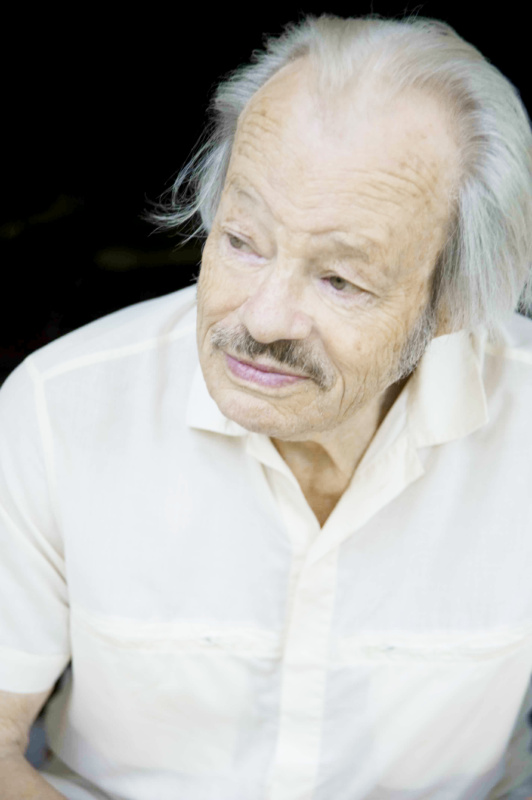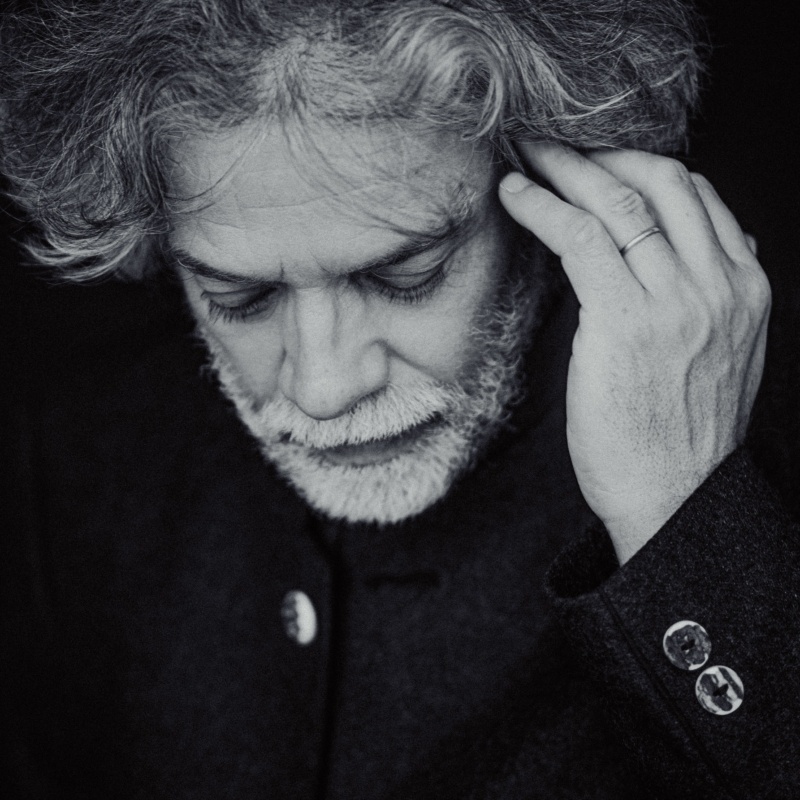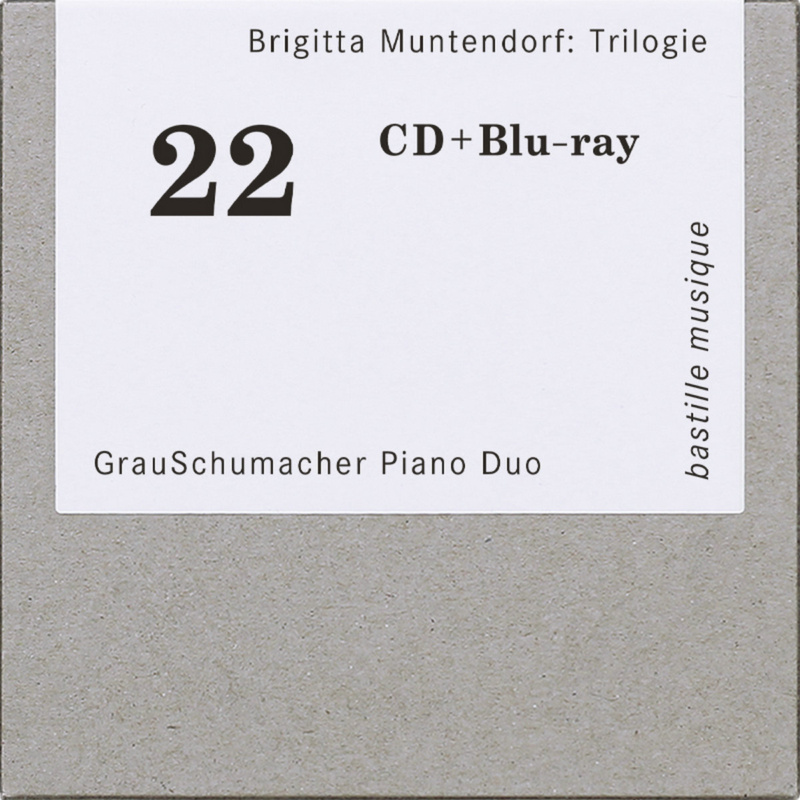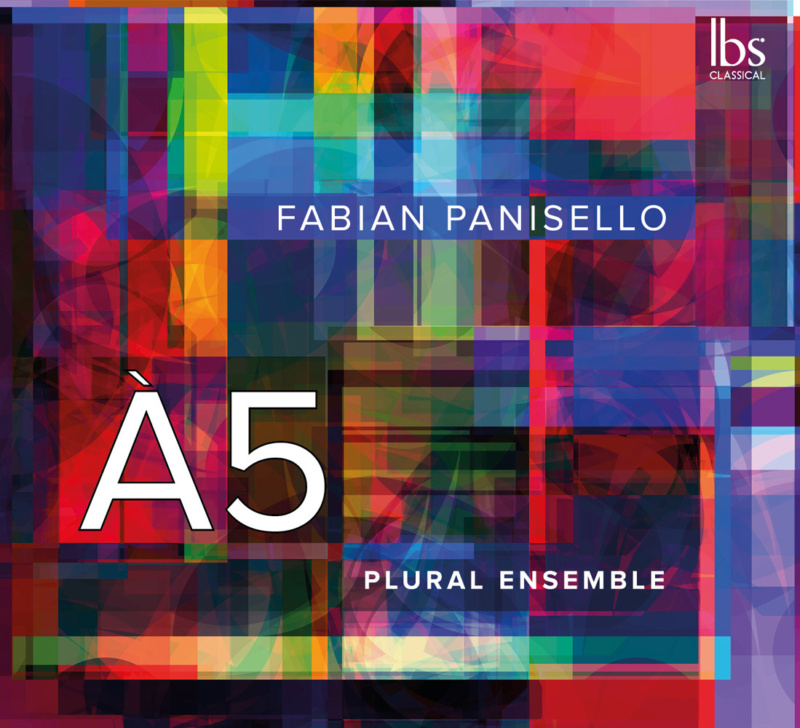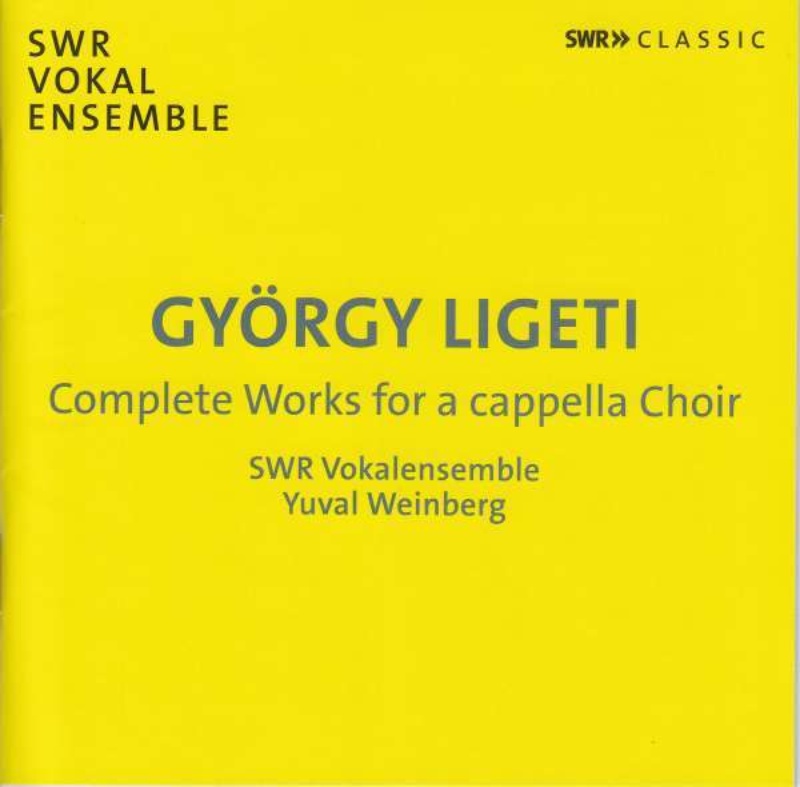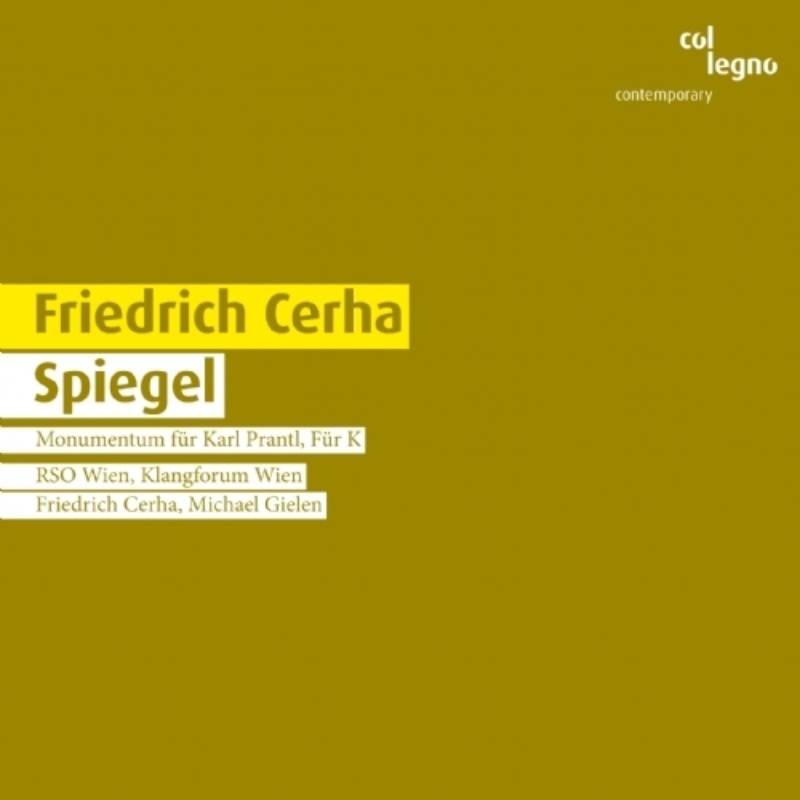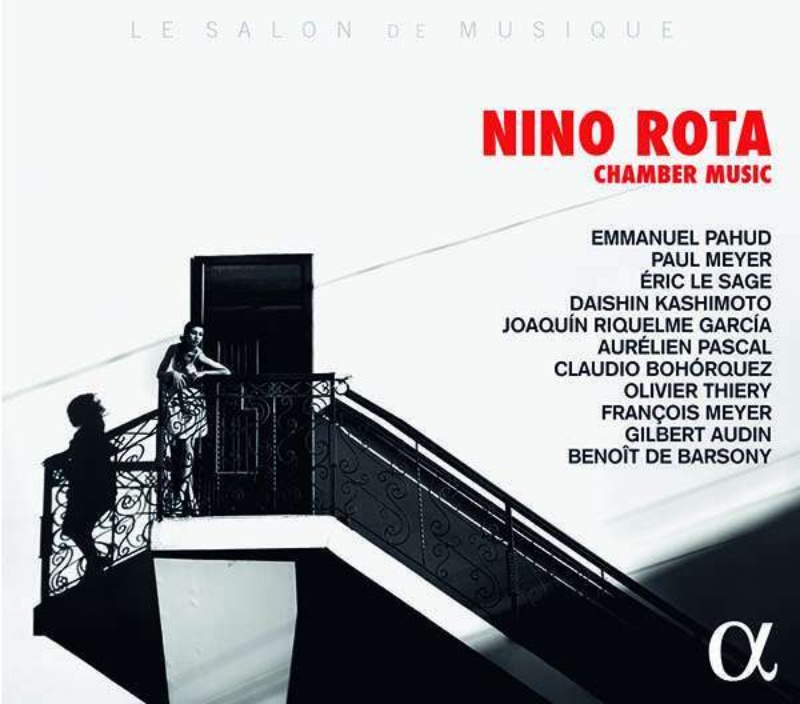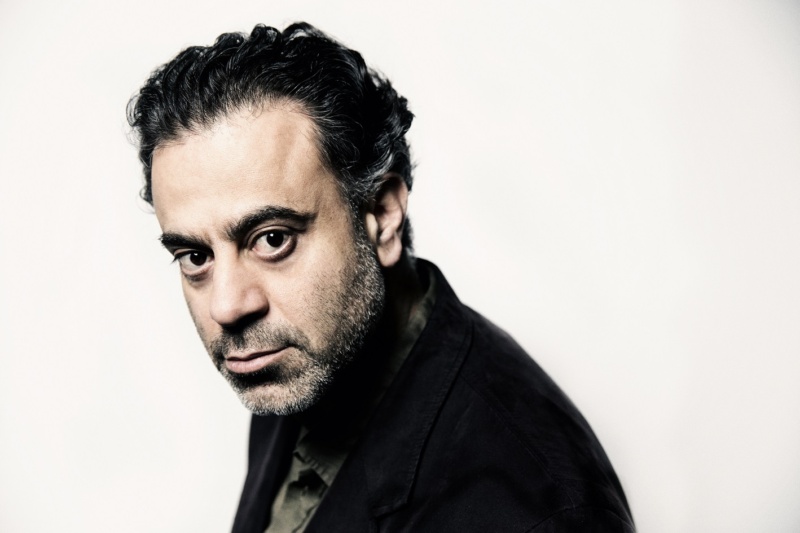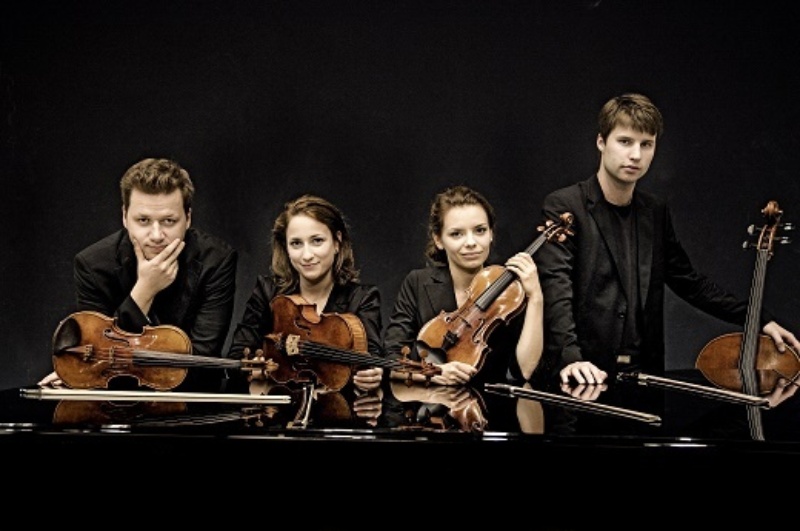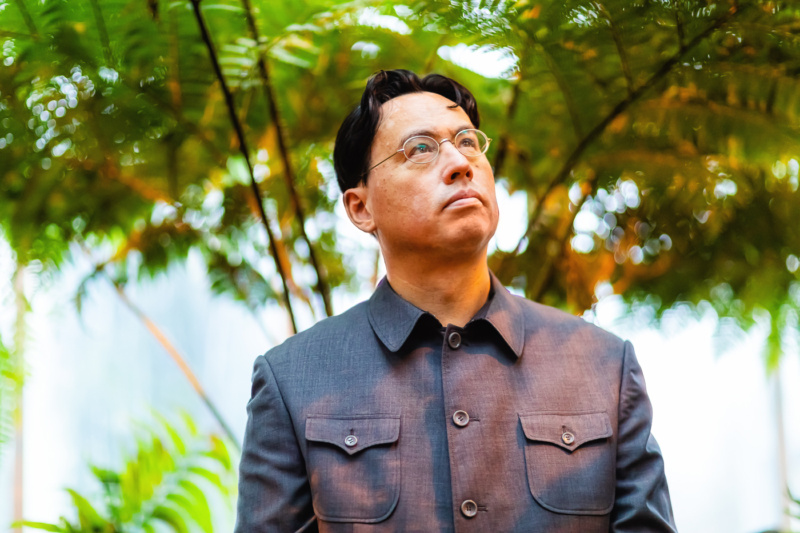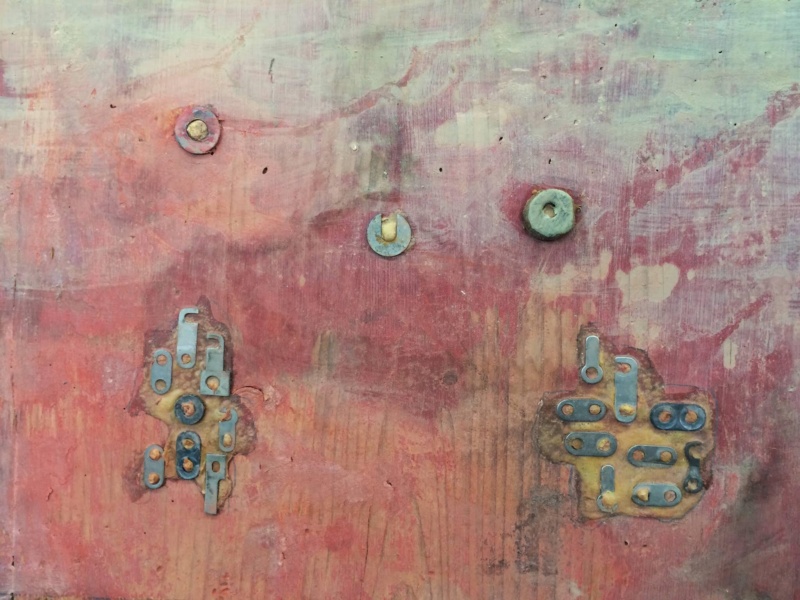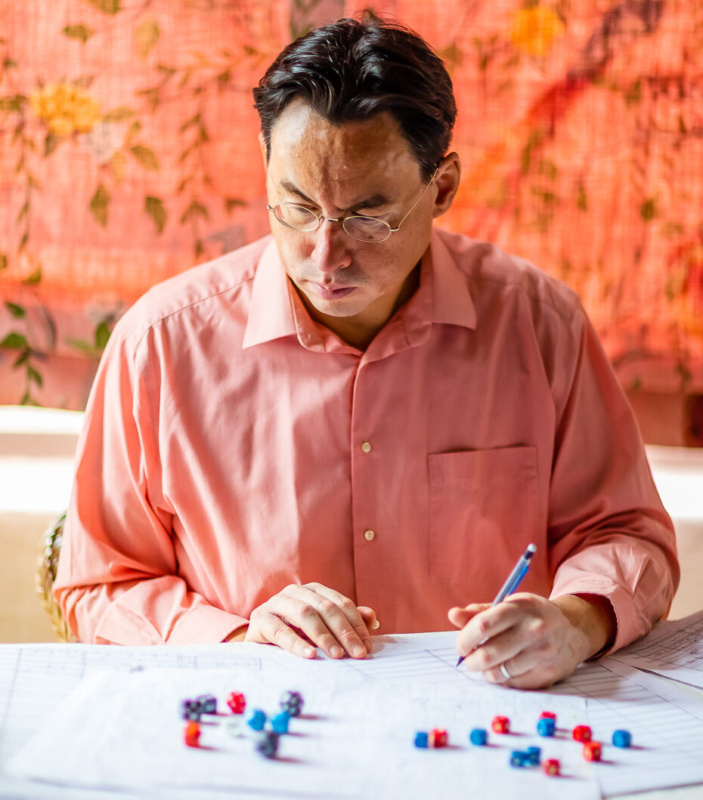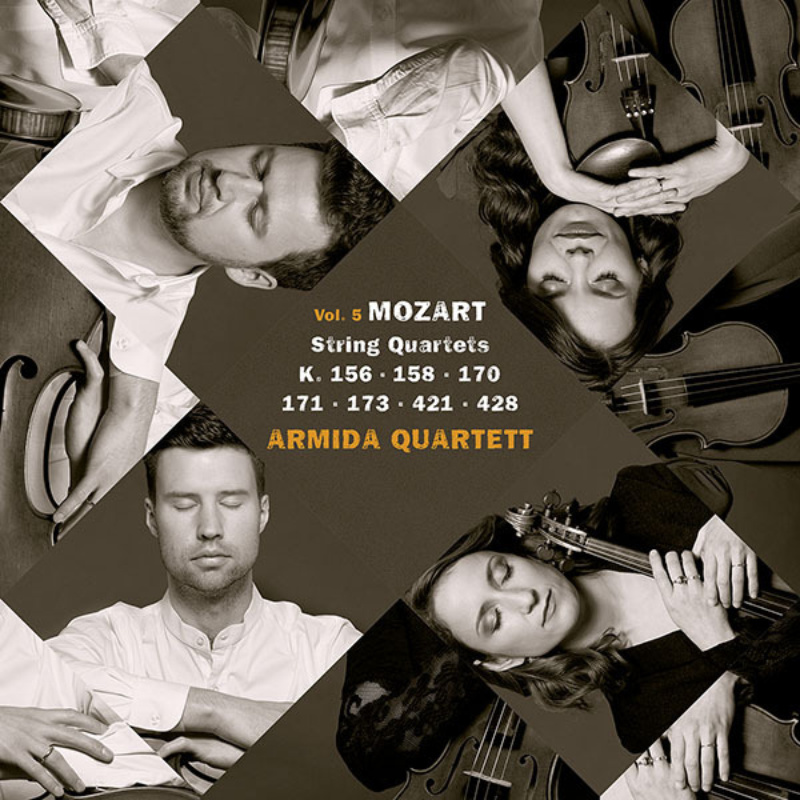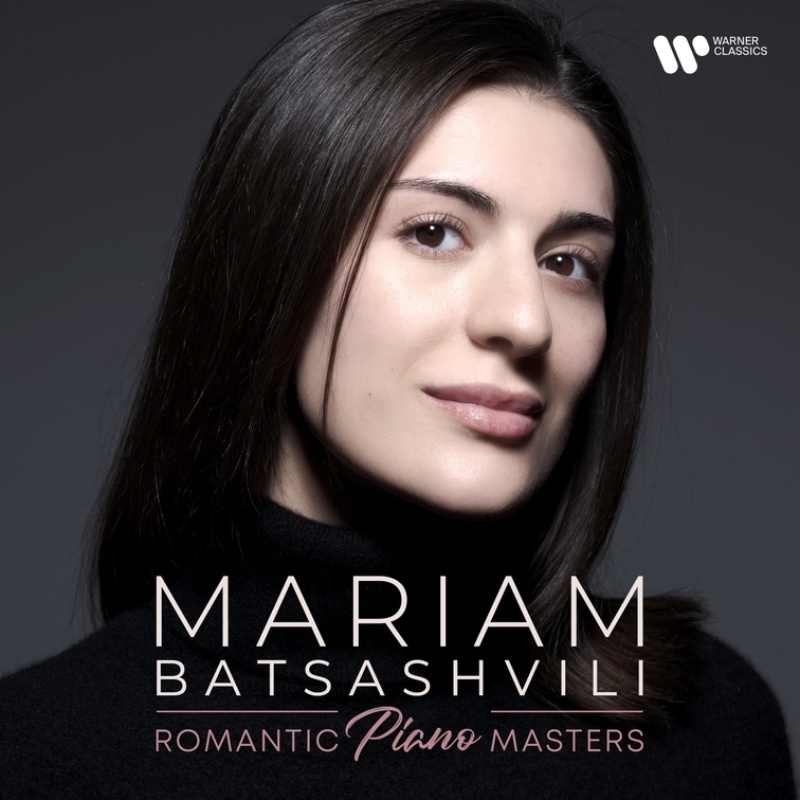In November 2016, Antje Weithaas celebrated her 50th birthday with a special performance at the Konzerthaus Berlin with the Camerata Bern, the chamber orchestra she led for almost a decade, starting in 2009.
You’re celebrating your 50th birthday this year. Does it feel like a milestone?
To be honest, I don't care about numbers. As long as I feel well, then I don't mind. Sometimes I can't believe it’s already 50. But, it’s a birthday like any other, in a way.
Has it given you pause to reflect on your career?
Not really. My career was always very flexible and never just moved in one direction. Opportunities just came up, for instance the Arcanto Quartet many years ago, and then Camerata Bern. I need these completely different kinds of activities – playing solo concertos, recitals, chamber music in every possible formation. I'm always looking forward to what's coming next.
Is there anything you have in common with the young violinist at the beginning of her career?
Today I think I know what’s important for me in making music. I wouldn't say I knew that when I was young. Teaching helped me a lot, because when I was young I was an instinct musician. When I started teaching I had to be much clearer about my thoughts as I had to explain them. You can’t just say “That’s the way I feel it”. You really need to prove that you’re careful with the scores and with the special language of a composer.
Was playing the violin always a way of expressing yourself?
Absolutely. I would say that it’s really my voice. I’m much better at playing than at talking! (Laughs) I always try to communicate with the people on stage, and also with the audience in the hall. You can’t really explain what happens in this moment, but you feel the tension, and that it creates a very special atmosphere that only occurs in a live concert.
Does this urge to communicate explain why you are so active as a chamber musician?
People often say that chamber music is more communicative and that when you are playing solo it’s different. For me there isn’t a difference. If you play with an orchestra and a conductor and there’s no communication, who wants to hear that? I really want to communicate, even with a large group.
At the Konzerthaus, you’ll be performing with the Camerata Bern. What are the challenges of leading an orchestra, as opposed to, say, a string quartet?
It is completely different in rehearsal, and how you prepare. You need to have a very clear concept of what you want to do with the piece. Then you need the freedom to react to what the others give and create something together. Another thing is the energy on stage… This is a miracle I can’t explain. We can play a piece one way in rehearsal, but on stage a million different things can happen. It’s very challenging in the moment, but also very satisfying.
When you joined the orchestra did you have an idea of the type of music you wanted to play?
We started with the normal repertoire and transcriptions for string orchestra, but from year to year we became more bold and courageous. Beethoven’s First or Eighth Symphonies are possible, because they’re very classical, but we also tried the Beethoven Violin Concerto without a conductor and it worked. Sometimes it can work better with or without a conductor, but this direct communication and sense of creating something together in the moment can be very hard to achieve if you have a conductor involved.
At the Konzerthaus, you’ll be performing Beethoven’s Kreutzer Sonata, arranged for string orchestra.
Yes, but you shouldn’t expect the sonata for violin and piano! Every note Beethoven wrote is there – nothing added, and nothing taken away – but it’s a completely different sound world. The second movement becomes like a string sextet, whilst the last movement has this absolute energy and presto feeling. We don’t want to make the piece better – we just want to take another approach and hear the piece in a new way.
What attracts you to a piece? Is there a common thread in your repertoire?
I always try to find something new. I would find it boring to specialise in one style. That’s really why I want to play the whole range of repertoire, everything from Bach to contemporary music. What is important to me is to play every piece in the style it belongs. Every composer has his or her own language and needs a different sound, phrasing, articulation, etc.
Do you still get nervous when you go on stage?
Of course. I learnt to handle it, but I can’t go on stage without this tension. If it’s positive, then it’s energy. It’s a natural part of performance to be nervous beforehand. If I notice that it becomes routine when I go on stage then I’ll say “no more”. That’s why I don’t play the same piece twenty times. Every week I am doing something different. That way it remains fresh and I always have a new approach. I hope I keep playing for as long as possible!
Sam Johnstone, 11/2016

